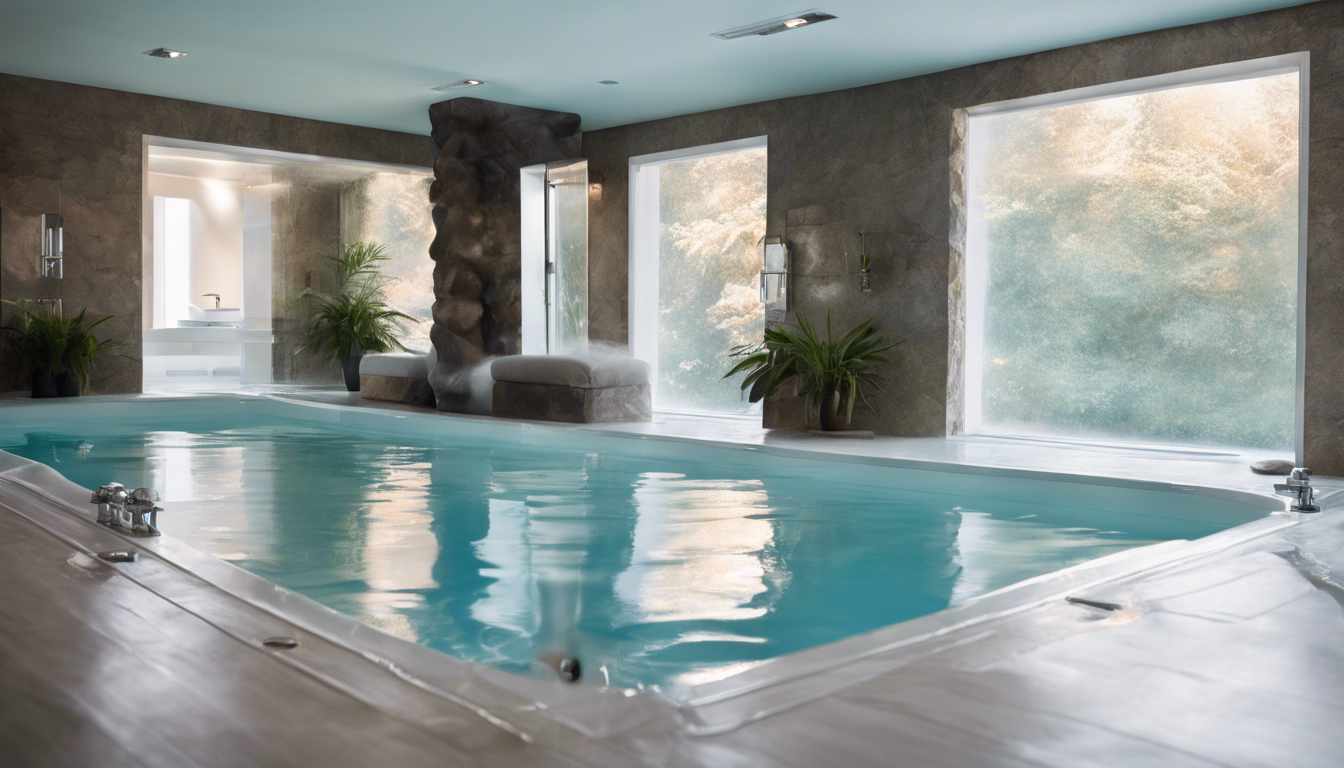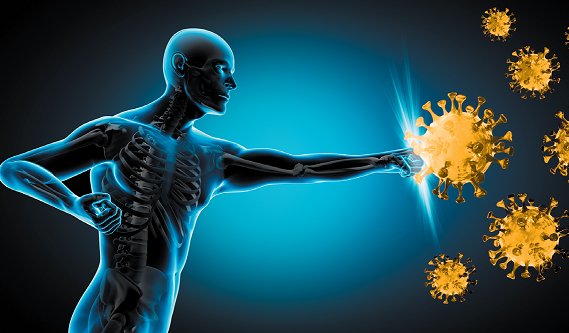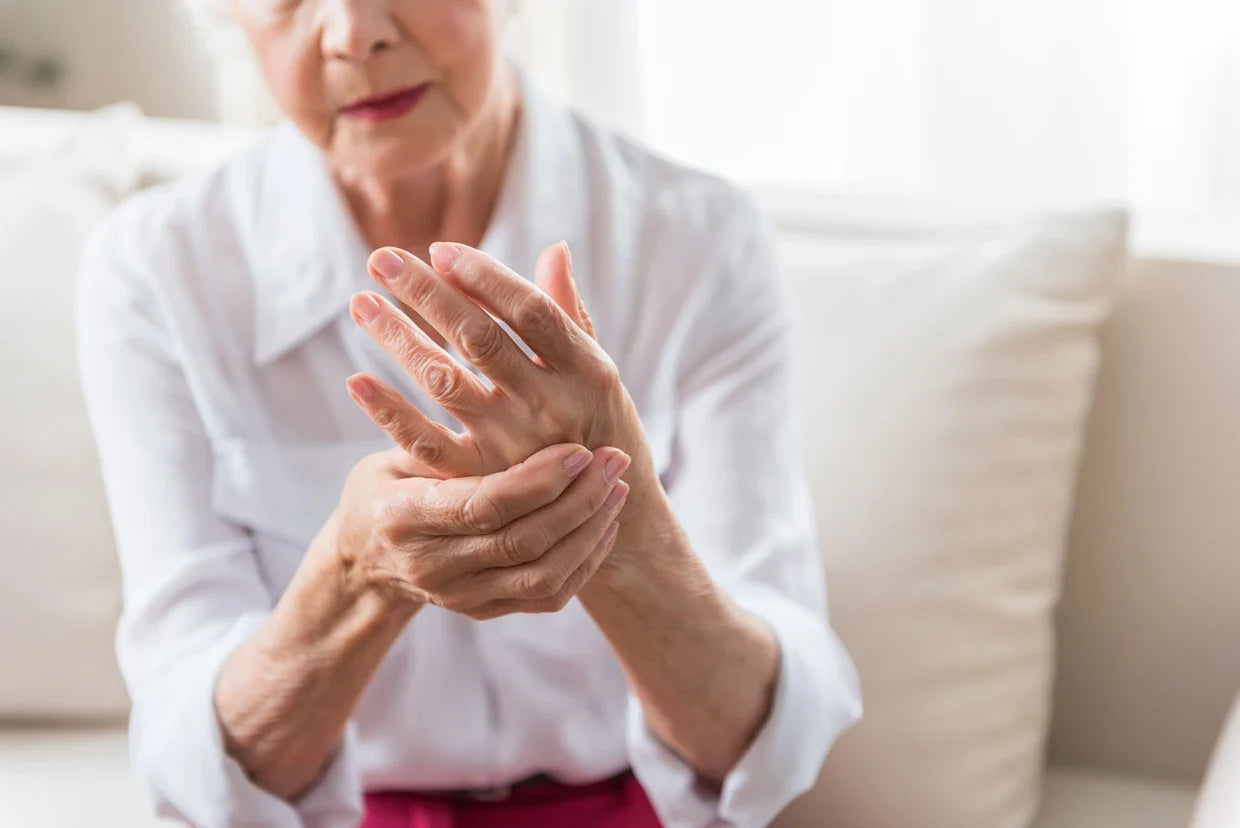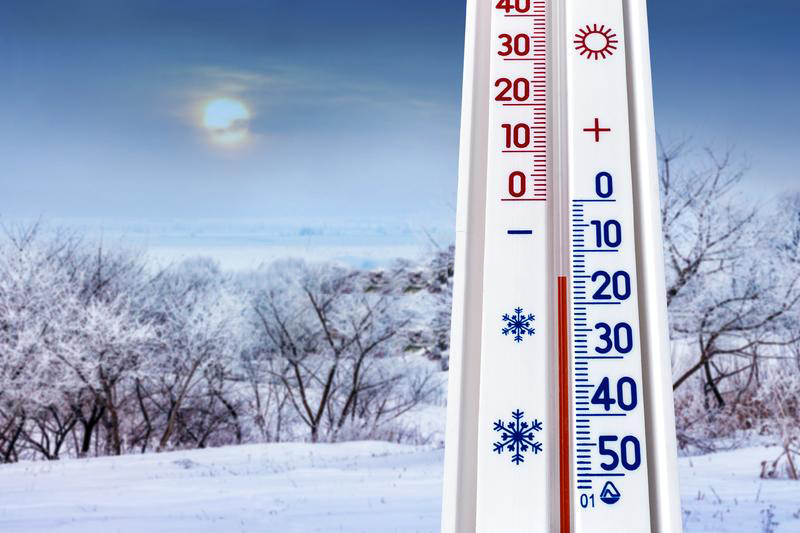Unlocking the Benefits of Cold Water Therapy: A Guide to Enhancing Your Health and Well-Being

In the pursuit of optimal health and well-being, many people are turning to innovative approaches that harness the natural power of the elements.
Cold water therapy has emerged as a transformative practice that not only invigorates the body but also sharpens the mind.
This article delves into the fascinating world of cold water therapy, offering an authoritative guide to its numerous benefits, backed by scientific insights.
Whether you are an athlete looking to enhance performance, a wellness seeker in search of rejuvenation, or a health-conscious individual eager to explore biohacking methods, this guide will inspire you to embrace the invigorating effects of cold water exposure for a holistic health boost.
View Our Luxury Cold Therapy Products
Key Takeaways
- Cold water therapy offers both physical and mental health benefits.
- Scientific research supports the positive effects of cold exposure on the body.
- Athletes can enhance recovery and performance through regular cold water therapy.
- Incorporating cold water exposure into your routine can be done safely with simple methods.
- Understanding precautions is vital to maximizing the benefits of cold water therapy.
1. Introduction to Cold Water Therapy
Cold water therapy has emerged as a potent practice embraced by athletes and wellness seekers alike, offering a myriad of physical and mental health benefits that go beyond mere discomfort.
This invigorating approach involves exposing the body to cold water—whether through ice baths, cold showers, or natural bodies of water—triggering a physiological response that enhances recovery, boosts circulation, and invigorates the immune system.
The science behind cold water therapy reveals that the sudden temperature drop activates the body’s fight-or-flight response, resulting in the release of endorphins and other neurotransmitters that can alleviate pain and elevate mood.
Athletes often report improved performance and quicker recovery times, while wellness enthusiasts discover increased mental clarity and resilience.
For those wanting to unlock these benefits and incorporate cold water therapy into their daily routine, it is essential to start gradually, allowing the body to acclimate while adhering to key safety protocols.
Whether you’re a competitive athlete looking to enhance your performance or a health-conscious individual seeking new avenues for well-being, cold water therapy could very well be the transformative practice that empowers you to reach your highest potential.
2. The Science Behind Cold Water Therapy
Cold water therapy has gained significant attention in recent years, particularly among athletes and health-conscious individuals seeking to enhance their wellness journey.
This practice, which involves exposing the body to cold water environments, such as ice baths or cold showers, is rooted in both ancient traditions and modern scientific exploration.
Research indicates that cold water exposure can stimulate various physiological responses, including improved circulation, heightened metabolism, and reduced inflammation—elements crucial for athletes aiming to recover and improve performance.
Moreover, the invigorating effects of cold water therapy extend to mental well-being, promoting resilience against stress and anxiety while boosting mood through the release of endorphins.
As more wellness seekers turn to biohacking techniques to optimize their health, incorporating cold water therapy into a regular routine can offer both immediate and long-term benefits.
However, it is essential to approach this practice with an understanding of individual limits and safety precautions to ensure a safe and effective experience.
'The greatest glory in living lies not in never falling, but in rising every time we fall.' - Nelson MandelaView Our Luxury Cold Therapy Products

3. Physical Health Benefits of Cold Water Exposure
Cold water therapy, often embraced by athletes and wellness seekers alike, presents a plethora of physical health benefits that can significantly enhance overall well-being.
Engaging in this invigorating practice not only promotes improved circulation and metabolic function, but it also fosters muscle recovery and reduces inflammation, crucial for those pushing their physical limits.
The shock of cold water has been shown to stimulate the release of endorphins, leaving participants feeling revitalized and energized.
Regular exposure to cold can also bolster the immune system, heightening resilience against various illnesses.
Furthermore, studies suggest that incorporating cold water therapy into a routine may improve sleep quality and mental clarity, creating a holistic approach to health that inspires individuals to push their boundaries and embrace the empowering effects of nature.
Whether you are an elite athlete or a health-conscious individual seeking to unlock your body’s full potential, cold water therapy serves as a transformative addition to your wellness regimen.
4. Mental Health Advantages of Cold Water Therapy
Cold water therapy has emerged as a powerful and transformative practice for enhancing mental health among athletes, wellness seekers, and health-conscious individuals alike.
This invigorating technique, often associated with improved physical recovery, extends its benefits to mental well-being, offering a multitude of psychological advantages.
By immersing oneself in cold water, individuals experience a boost in endorphin levels, leading to reduced symptoms of anxiety and depression while promoting an overall sense of euphoria.
Additionally, the shock of cold water stimulates the body’s stress response, which can cultivate resilience and enhance emotional regulation.
Many practitioners report enhanced focus and clarity of thought, making it an invaluable tool for not just athletes but anyone committed to personal development and greater mental fortitude.
The practice of cold water therapy not only builds physical strength but also fortifies the mind, inspiring individuals to embrace challenges with renewed vigor and positivity.

5. How to Incorporate Cold Water Therapy into Your Routine
Incorporating cold water therapy into your routine can yield profound benefits for both your physical and mental resilience, especially for athletes and wellness enthusiasts alike.
Start by setting aside dedicated time each week for your cold exposure sessions—whether that's through invigorating cold showers, ice baths, or natural bodies of cold water.
For beginners, ease into the practice with short exposures of 30 seconds to 1 minute, gradually increasing the duration as your comfort grows, and remember to focus on your breathing to maintain calmness and control.
To amplify the benefits, consider pairing cold water therapy with contrasting heat sessions, such as sauna use, to enhance your recovery process.
Additionally, incorporating mindfulness techniques while immersed in cold water can elevate the experience, fostering a deeper connection to your body and its responses.
By methodically integrating cold water therapy into your wellness toolkit, you not only challenge your limits but also unlock a treasure trove of physical, mental, and emotional resilience that can propel you toward your athletic and life goals.
6. Precautions and Safety Tips for Cold Water Therapy
Cold water therapy can yield remarkable benefits, but it's essential to approach this invigorating practice with caution to maximize its positive effects while minimizing risks.
Athletes and wellness seekers should start gradually, immersing in cold water for short durations and increasing their exposure as their tolerance grows, thereby allowing their bodies to acclimate safely.
Always consult with a healthcare professional if you have existing medical conditions, especially cardiovascular issues, as the shock of cold water can have profound effects on the heart and circulation.
It's vital to remain attentive to your body's signals; if you experience excessive shivering, numbness, or pain, exit the water immediately.
To enhance the experience, consider practicing cold water therapy alongside controlled breathing techniques to maintain focus and manage any discomfort.
Remember, the goal is to harness the revitalizing properties of cold exposure, not to push your limits to the point of distress.
With these precautions in place, you can tap into the transformative powers of cold water therapy, elevating not just your physical resilience but your overall well-being.
Frequently Asked Questions
What is cold water therapy?
Cold water therapy involves exposure to cold water to promote various health benefits, including physical recovery, improved mental clarity, and enhanced overall well-being.
How does cold water therapy work scientifically?
Scientifically, cold water exposure triggers physiological responses in the body, such as improved circulation, reduced inflammation, and the release of endorphins, contributing to enhanced mood and physical recovery.
What are the primary physical health benefits of cold water therapy?
The primary physical health benefits include reduced muscle soreness, improved recovery from intense workouts, boosted immune function, and enhanced circulation.
Can cold water therapy help with mental health?
Yes, cold water therapy can help alleviate symptoms of anxiety and depression, enhance mood, and increase resilience to stress by stimulating the release of neurotransmitters like endorphins.
What precautions should I take before starting cold water therapy?
Before starting cold water therapy, it’s important to consult with a healthcare professional, particularly if you have pre-existing health conditions.
Start gradually with short exposure times and pay attention to how your body reacts.




